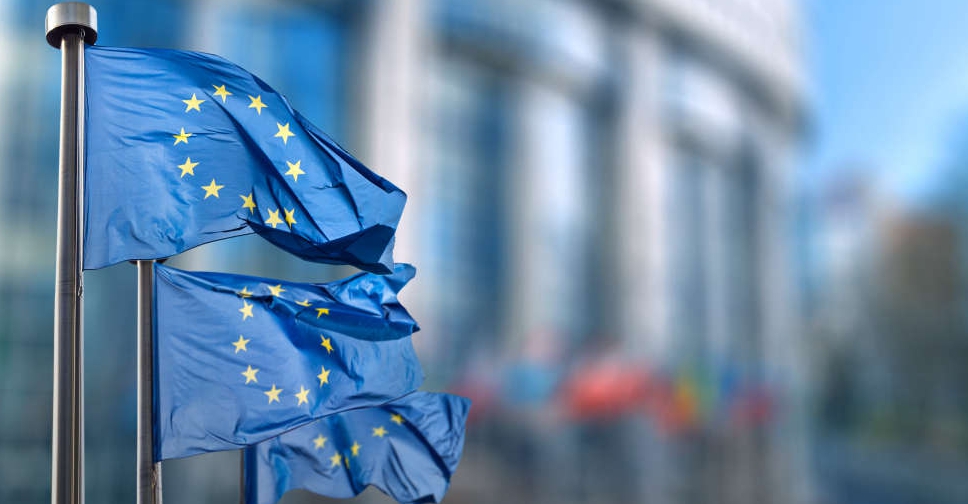
Marriott International Inc.’s agreement to buy Starwood Hotels & Resorts Worldwide Inc. in a $12.2 billion deal, creating the world’s largest lodging company, signals more consolidation to come as hotel operators find being bigger is better to compete with each other and such upstarts as Airbnb Inc. Marriott offered to pay $2 in cash and 0.92 a share of its own stock for each share of Stamford, Connecticut-based Starwood, the companies said in a statement on Monday. The combined company will operate or franchise more than 5,500 hotels with 1.1 million rooms worldwide. The properties are operated under 30 brands, including Marriott’s Ritz-Carlton, Courtyard and SpringHill Suites, and Starwood’s W, Westin and St. Regis. Scale is becoming increasingly important in the hospitality business as Airbnb siphons off travelers and online booking services eat into room revenues. Marriott’s planned acquisition, the largest takeover of a hotel company since Blackstone Group LP bought Hilton for $26 billion in 2007, indicates the industry’s business model is under pressure, with companies being pushed to consolidate in an effort to cut costs and attract customers. “The reality is that all these groups need to become bigger and stronger to be able to fight against the newcomers,” said Andre Juillard, a Paris-based analyst with Kepler Cheuvreux SA. “We’ve been expecting consolidation for a while. We can see more deals coming to market.” Airbnb Threat In September, Blackstone agreed to buy Strategic Hotels and Resorts Inc., owner of luxury properties such as Manhattan’s Essex House, for about $3.93 billion. Takeovers in the lodging industry aren’t limited to traditional hotel operators. Earlier this month, Expedia Inc. agreed to pay about $3.9 billion in cash and stock for HomeAway Inc. as the vacation-rental company competed with Airbnb. Closely held Airbnb is a “real” competitor that is “here to stay,” Starwood CEO Adam Aron said on the company’s third- quarter earnings call, on Oct. 28. Airbnb was valued at $25.5 billion in its latest financing round earlier this year, according to people familiar with the matter. That’s more than double Starwood’s market value of about $12.2 billion. Airbnb in July hired Laurence Tosi to be its chief financial officer, the same job he’d held at Blackstone, in a move seen as a prelude to an initial public offering. “The scale of this merger was done to fight the OTAs -- the online travel agents -- and also the potential threat of Airbnb,” Barry Sternlicht, who founded Starwood Hotels and ran it for a decade before leaving in 2005, said in an interview on Bloomberg Television Monday. “We’re going to see global consolidation. This probably won’t be the last deal.” Hyatt Hotels Corp., reported to be a potential suitor for Starwood, may now be a takeover candidate, Sternlicht said. Hyatt declined to comment. InterContinental Hotels Group Plc, which has said it isn’t exploring a sale, also has been reported as a possible merger candidate. And France’s Accor SA is in talks to acquire FRHI Hotels & Resorts, owner of the luxury Fairmont, Raffles and Swissotel brands, for about $3 billion, the Wall Street Journal reported Oct. 29, citing people familiar with the matter. ‘Emotive Experience’ Starwood had stopped innovating and lost customers, Sternlicht said in the TV interview. “You’re really going to have to wow the customer,” he said. “The only way to fight Airbnb is to have an emotive experience.” Alternative lodging businesses such as Airbnb pose a threat to the profitability of hotel owners because they fill a niche, said David Loeb, an analyst with Robert W. Baird & Co. One of the antidotes for major hotel companies is loyalty programs, and Starwood’s has a very strong following, he said. The strength of Starwood’s relationship with its customers is part of what made the deal attractive, Marriott Chief Executive Officer Arne Sorenson said Monday during a conference call with investors to discuss the transaction. Sorenson had said in April that a purchase of Starwood was unlikely because it didn’t fit with Marriott’s strategy. The deal came together “very, very quickly,” he said on Monday’s call. Marriott emerged as the winning bidder after at least three Chinese companies expressed interest in buying Starwood, while CNBC reported on Oct. 28 that Hyatt was pursuing a takeover. Starwood began considering options including a sale in February, after longtime head Frits van Paasschen left the company amid criticism he failed to increase the number of properties carrying Starwood’s brands quickly enough, and hired Lazard Inc.to advise it in April. Shareholder Value The deal with Marriott, in which Starwood investors will own about 37% of the combined company, offers “the greatest long-term return for shareholders,” Aron said on Monday’s conference call. “We’re not selling for cash, we’re selling for stock.” Investors had been hoping for a higher price, according to Loeb, the analyst. Starwood’s assets -- including real estate and management contracts -- are difficult to value, leading to a lot of speculation about how much the company would fetch in a sale, he said. “I think investors had pretty active imaginations,” Loeb said. Starwood shares fell 3.6% to close at $72.27. Marriott climbed 1.4% to $73.72. The total estimated value of the deal to Starwood investors is about $79.88 a share, including an additional $7.80 a share from a spinoff of the company’s timeshare business, Vistana Signature Experiences. Since the Vistana transaction was announced last month, shares of the acquirer, Interval Leisure Group Inc., have fallen 16% to about $15, weighing on Starwood’s valuation, said Michael Bellisario, an analyst at Robert W. Baird. By Sarah Mulholland and Hui-yong Yu/Bloomberg)



 UAE, India, Sri Lanka sign deal to develop Sri Lanka into energy hub
UAE, India, Sri Lanka sign deal to develop Sri Lanka into energy hub
 EU seeks unity in first strike back at Trump tariffs
EU seeks unity in first strike back at Trump tariffs
 UK's Jaguar Land Rover to halt US shipments over tariffs
UK's Jaguar Land Rover to halt US shipments over tariffs
 US starts collecting Trump's new 10% tariff
US starts collecting Trump's new 10% tariff



